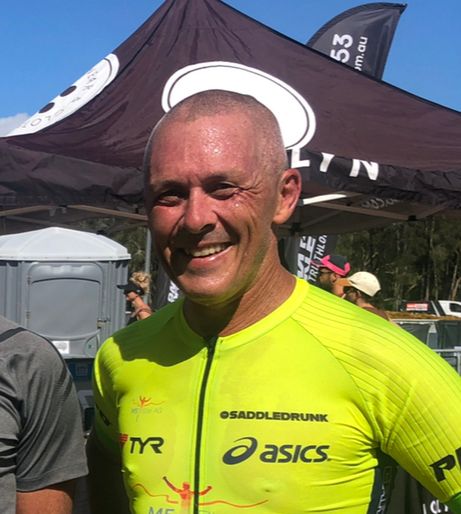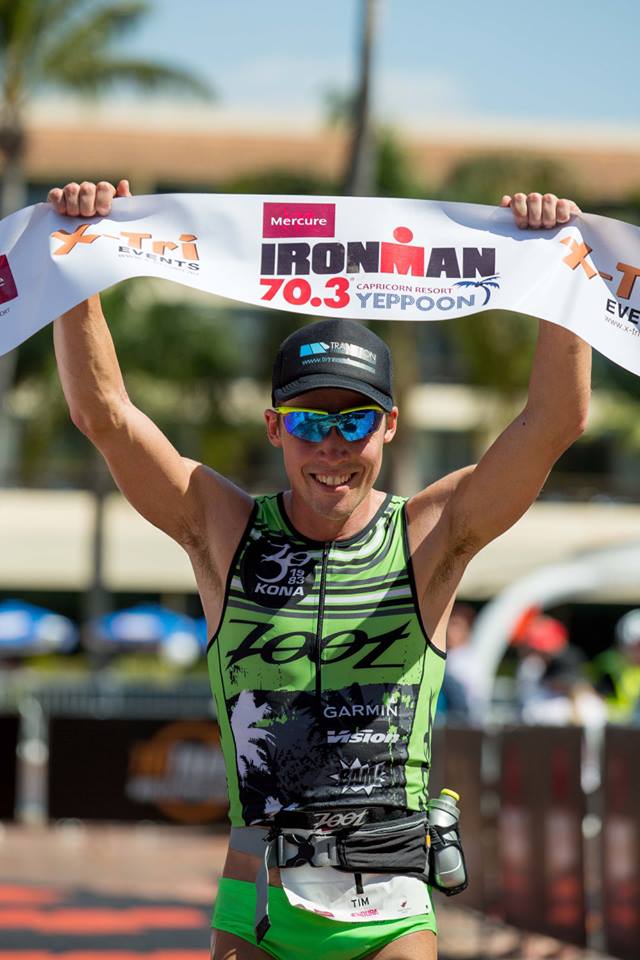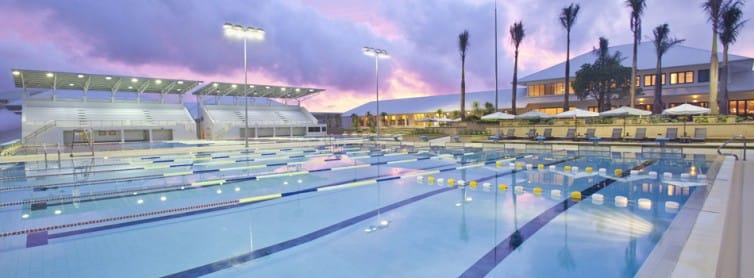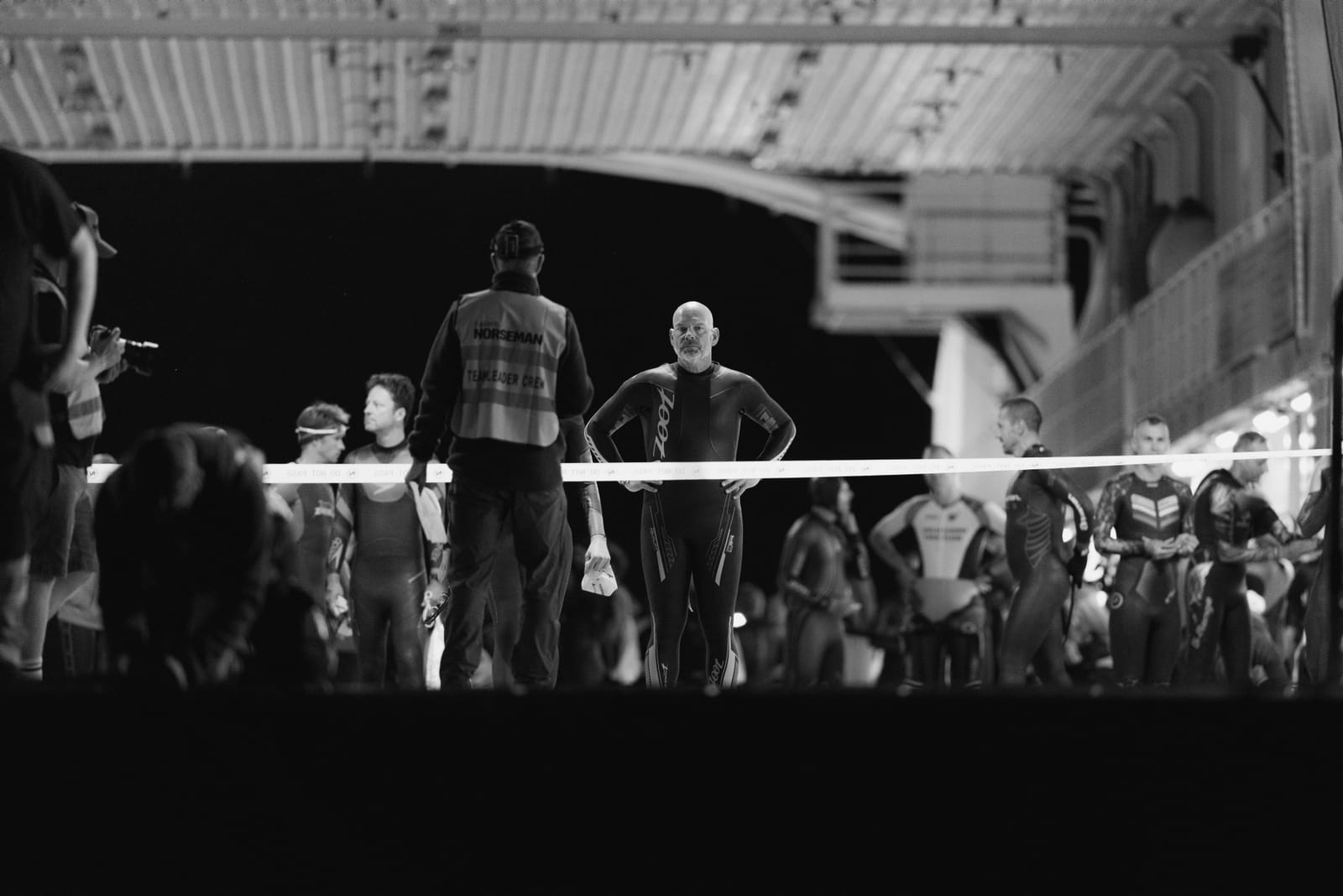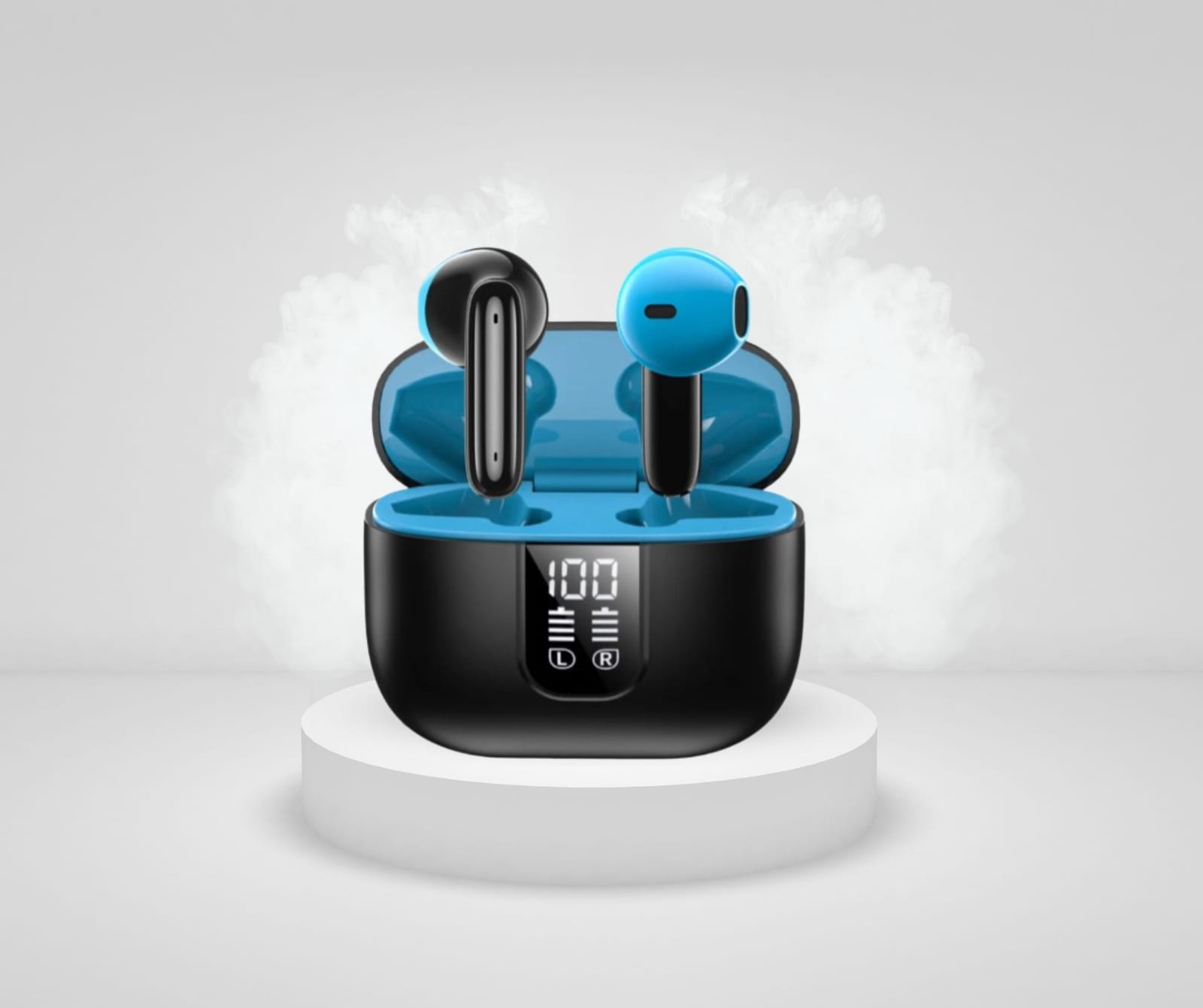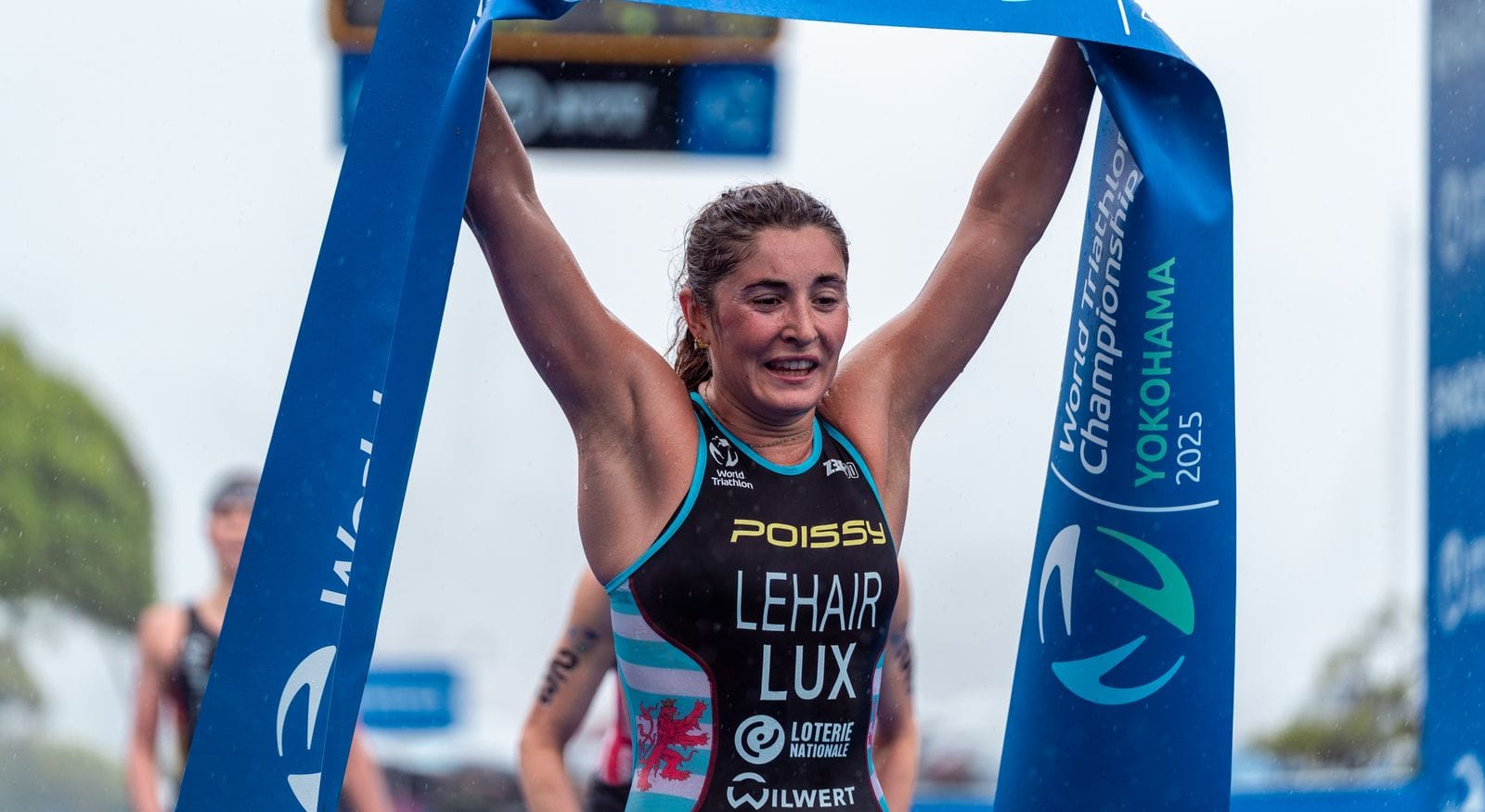As an athlete who’s passion for coaching very closely matches his love for racing and the sport of triathlon in general, Tim Reed is now offering his sought after coaching methods to the public via regular, easily accessed and affordable training camps.
Tim is one of the most analytical professional triathletes racing today. He is currently the number five ranked Ironman 70.3 triathlete in the world and is only getting better with time. Tim has built himself in to one of the leading power to weight cyclists in the sport of triathlon and regularly backs it up with half marathon runs in the 1:13 bracket.
With Reed gradually making the shift from a part-time athlete/part-time coach to a full time athlete he was looking for a way to still be involved in coaching during down times in the year.
“I had to change my coaching system so that I could still get the satisfaction and pleasure of helping others achieve great improvements without comprising having a shot at winning big races and spending time with family.” Reed mentioned to Trizone yesterday.
Training camps were the obvious answer. Reed has teamed up with training partner, Luke Martin to help coordinate. “Our goal is to offer camps that not only give people a significant boost to their fitness but also to educate athletes, providing them the knowledge and tools to train smarter and race much faster long term”.
Their next camp on the 15th to 18th of November is based only an hour from Sydney offering a wide variety of fun but very challenging sessions including:
- Open water swim technique
- Filmed and analysed bike/run sessions
- Key strength training exercises for injury prevention and performance.
Some of the many educational topics to be covered will include:
- Diet, metabolic efficiency and what it means for performance.
- Training and racing nutrition.
- ‘Free/cheap cycling speed’ The secrets behind getting 10-50 watts of extra speed for no extra energy output.
- Achieving optimal arousal for peak performance.
- The importance of scheduling recovery.
- The importance of acclimatisation and how to do it.
- Taper and race day strategies.
- Unlimited question and answer time.


